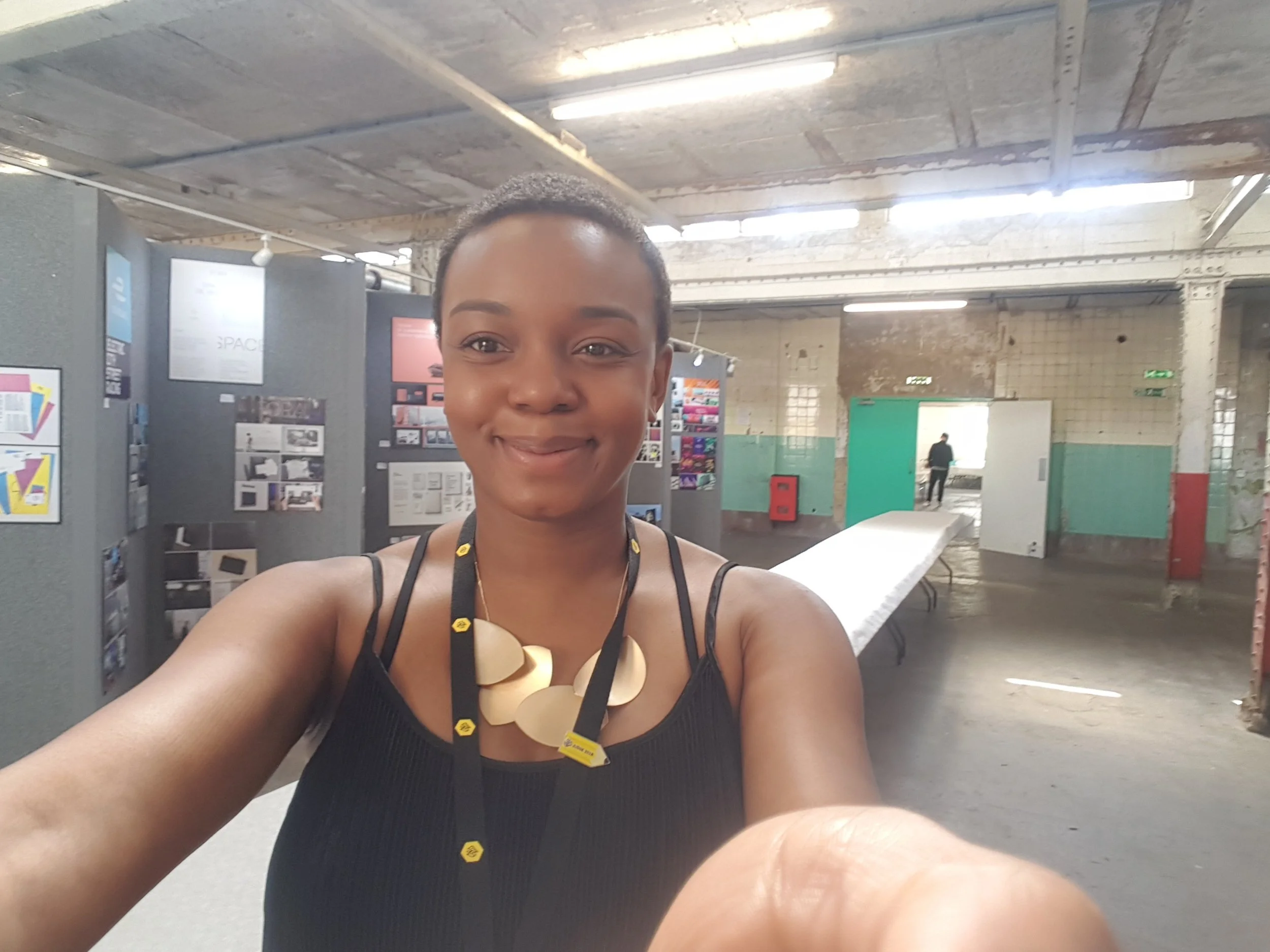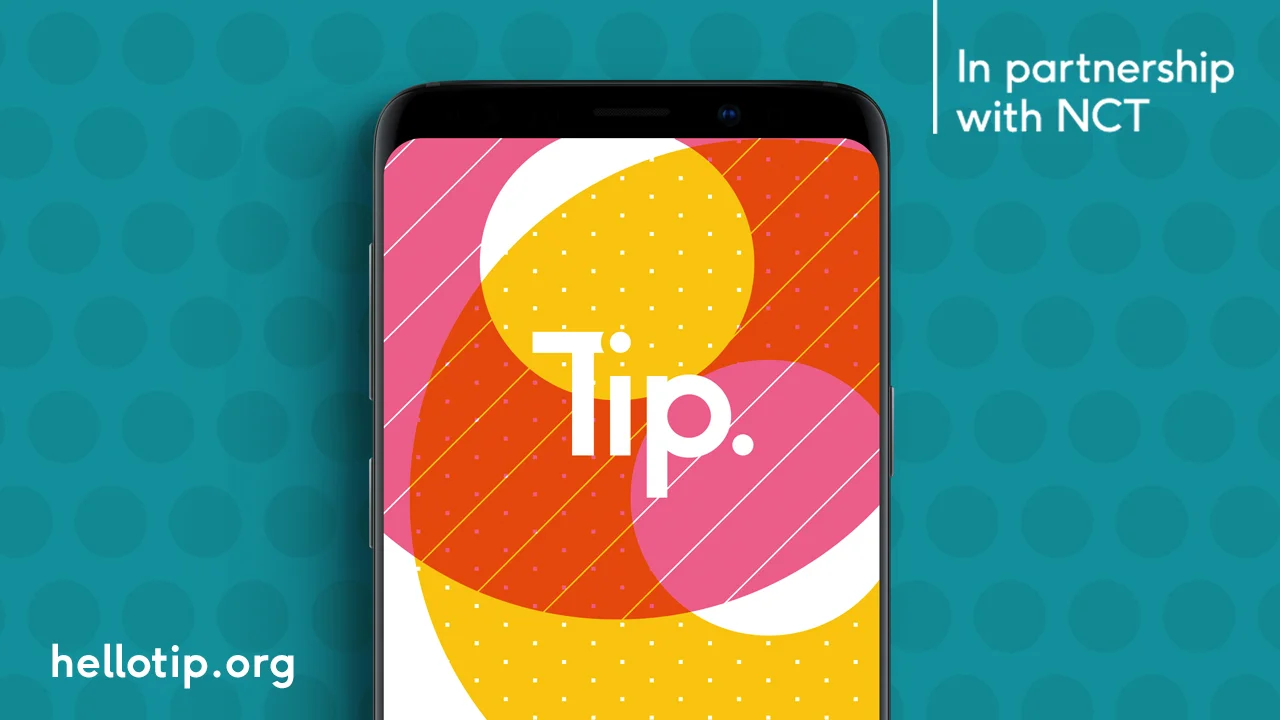#61 The Mindful Designer
I met Tayo this summer and we’ve been in cahoots ever since. When we first met, I was struck by the thoughtful way Tayo confronted aspects of the “social innovation” sector that we all need to challenge. I share Tayo’s obsession with helping women overcome imposter syndrome and making design more diverse.
The work she has been doing for parents is remarkable. As a new parent I’m desperately hoping this post will also inspire more service designers to tackle the immense problems parents face.
I’m thrilled to amplify Tayo’s story and her work. Tayo works at SHIFT - an award-winning charity that designs products and builds social ventures. Here’s what she’s got to say…
What’s the biggest lesson you’ve learnt over the last year?
It’s important to look after yourself. Even if that feels counter to ‘you’. I spent a year struggling with - and working hard on - my mental health. In the thick of that, I found that a deep link between ‘hard work’ and self-worth drove me to work as much as I could and at the same time, prevented me from maximising on the quality of the returns.
Taking a personal (but almost imperceptible) step back really helped me to refocus on what was important, to listen more carefully to myself - my inner signals of distress - and put as much time and effort into (re)designing my life as I do when designing products and services to support others.
It’s a journey that isn’t ever complete, but it’s a habit that's been important to cultivate and one that I am cultivating as we speak. I believe it’s a healthy habit that will stand me (and all of us who pour our souls into roles) in good stead.
What’s your burning question of the moment?
I’m really passionate about the concept of competition, collaboration and collective action in the social impact sector. I look around at some of our behaviours or tendencies and they really do reflect (almost more aggressively at times) the dynamics of the commercial sector I’ve spent the last 10 years in. It’s understandable. Resources are scarce. Time, money, humans and attention are not in infinite supply and we are people, after all, motivated by the same desire to be the best we can be.
I did a talk recently that posed three provocations which, I feel, get to the heart of what I’m mulling over. I've adapted them a tad below.
#1 How might we drive more impact by playing as an ecosystem, not (only) as competitors?
When it comes to delivering profound and lasting social impact, how much do we benefit from acting as solo agents? It's clear that there is (by necessity) strong and fierce competition between us, but by spending the most time looking inwards - at what we're doing, our priorities and the role we want to play - are we missing out on considering where in the ecosystem our assets and talents could actually be doing the greatest good?
#2 How might we drive more impact by obsessing less over the ‘lead role’?
Something I've been guilty of, and a criticism often lobbied at practitioners of human-centred design is an obsession with shiny, visible, consumer-facing things. We often obsess about playing the lead role (sometimes accidentally). Should we however be more deliberately obsessing about how we can drive greater sustainable impact by providing more back-office tech, facilitative tools and open solutions to boring things? Imagine every single thing we did we built ‘as a service’ to the ecosystem as a whole. As a service to all of the of players who share our common goal.
#3 How might we drive more impact by focusing on open, not owned?
More often than not, when busy designing new solutions to complex issues the industry is closed, private and proprietary. Focused on our individual organisational pursuit of impact and value. What might the road towards delivering impact and value look like however, if we deployed our collective resources in a way that was more collaborative, porous and open? I think of Monzo with their ethos of radical transparency and reflect that with every innovation that is 'replicated' by the likes of Barclays and Lloyds, they’re not being ‘copied’ they’re actually helping to make the world of banking a better place.
What’s the most inspiring thing you’ve seen/ heard/ read in the last year?
That’s easy. My sister and brother-in-law raising their daughter...and I’m lucky enough to witness that inspiration almost every day. It really grounds me.
For the past two years, almost every project I’ve worked on, in my role as Innovation Director at Shift, has been about parents, and how we can support them in their children’s earliest days. I’ve met countless mums and dads, talked with hundreds of experts, practitioners and amazing organisations working in this space. I didn’t realise when I joined Shift that I’d fall in love with exploring the life, experiences, needs, wants, desires, fears, practicalities and absurdities of being a parent (even though I’m not one).
From the work we did on the product hellotip.org which we co-designed with over 200 parents and have just launched in partnership with NCT, and the work we did with Wellcome Trust on parents and health misinformation on social media, to some more recent work on how mums are screened for and diagnosed with postnatal depression in the US and UK... I find it such fascinating, inspiring work. I think it’s some of the most meaningful work I’ve ever been involved in and watching my sister and brother-in-law raise their daughter, is a constant reminder of why.
What would be your one piece of advice to students out there?
Every week I meet with amazing students and others excited about entering the world of design, innovation, venture building and (excitingly often) social impact. The two things I think I say most often are...
1) Just Decide
Be decisive. Often there’s a lot of vague wafting at what you might be a good fit for. There’s nothing more attractive than seeming decisive about your purpose and being sure about why any role you apply for is the perfect first / next step your you. Plus, if you really really really don’t know, just make it up. A first next step is better than none.
2) Go Outside
It’s tempting to hunt for the first step on the ladder by sending out infinite CVs to hundreds of nameless, faceless people. It's best to go outside. Meet people. Have coffee. Chat. Laugh. Drink. This is the best way to learn more about the industry, ask questions, find out where you might fit, how to present your experience so far etc etc etc. I’m not sure how many people feel comfortable doing this. I know when I first started doing so I was full of anxiety and every unanswered email felt personal. Looking back 10 years later, however, I can’t imagine what my life would be like if I didn’t override that base instinct to hide. I’ve not, to date, been offered a job by ‘applying’, and that early experience of pestering people for coffee totally changed my life.
You can read the rest of the profiles here. If you’d like to nominate someone to be part of this interview series please tweet me @redjotter (I’d love to feature some people who aren’t based in London!)
#59 The Shoutout Network Designer
#57 The Digital Delivery Manager Mum
#56 The Designer of Public Services in the Digital Age
#55 The Little Village Designer
#53 The Collaboration Designer
#51 The Virtual Reality Designer
#49 The in-between Design Researcher
#46 The Ethical Fashion Designer
#44 The Designer of Communities
#37 The Thinking Clearly Designer
#34 The Designer of Vulnerability
#31 The Service Design TV Host
#28 The Human Interaction Designer
#26 The Design Writer and Doer
#23 The Behavioural Researcher
#21 The Local Government Designer



